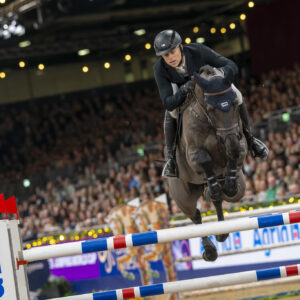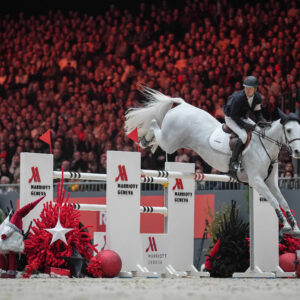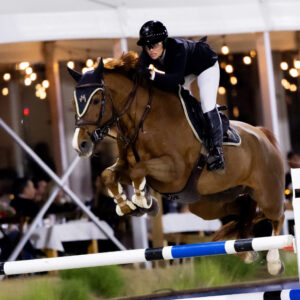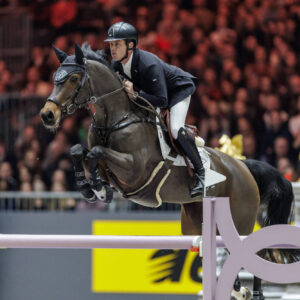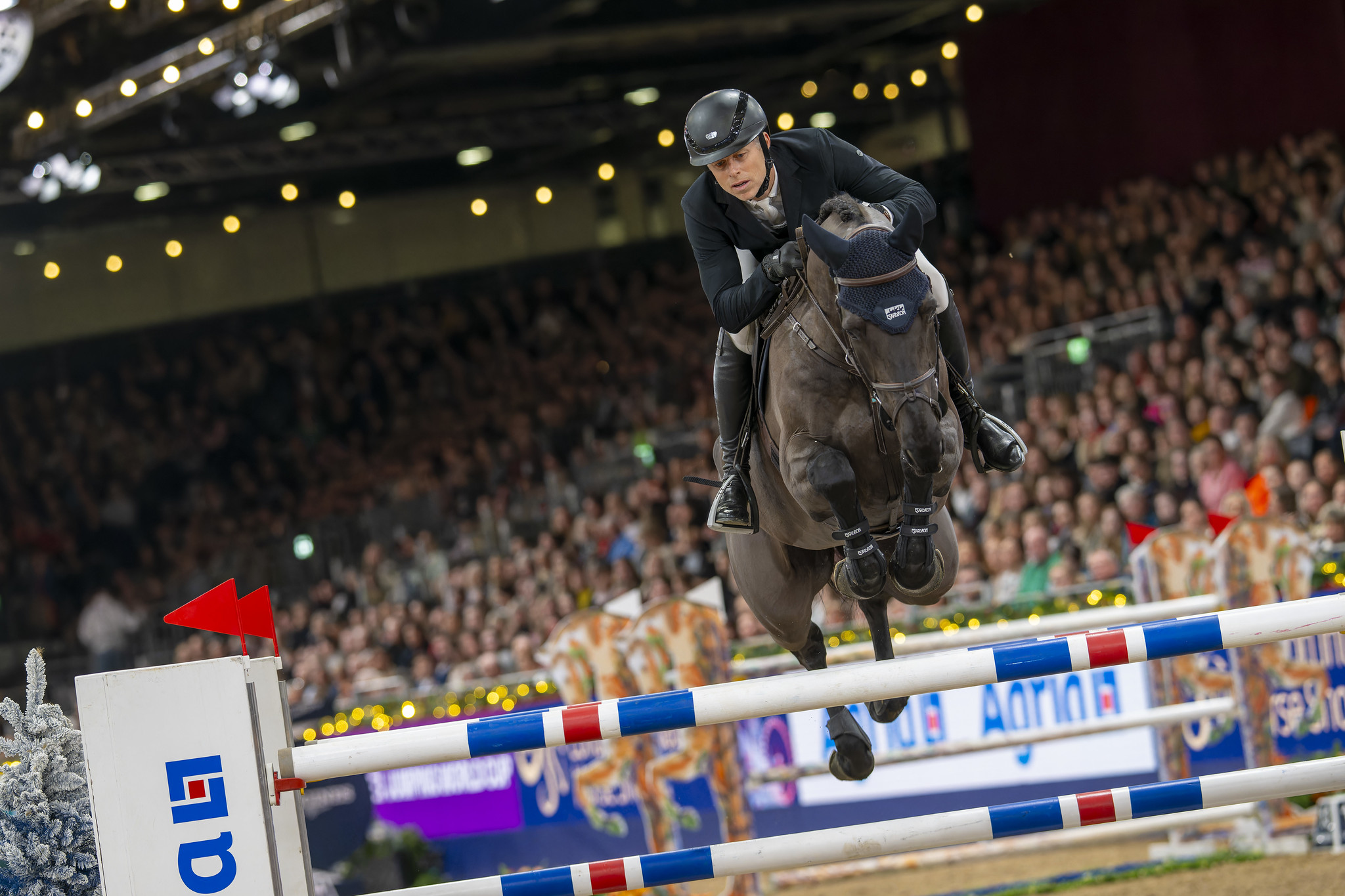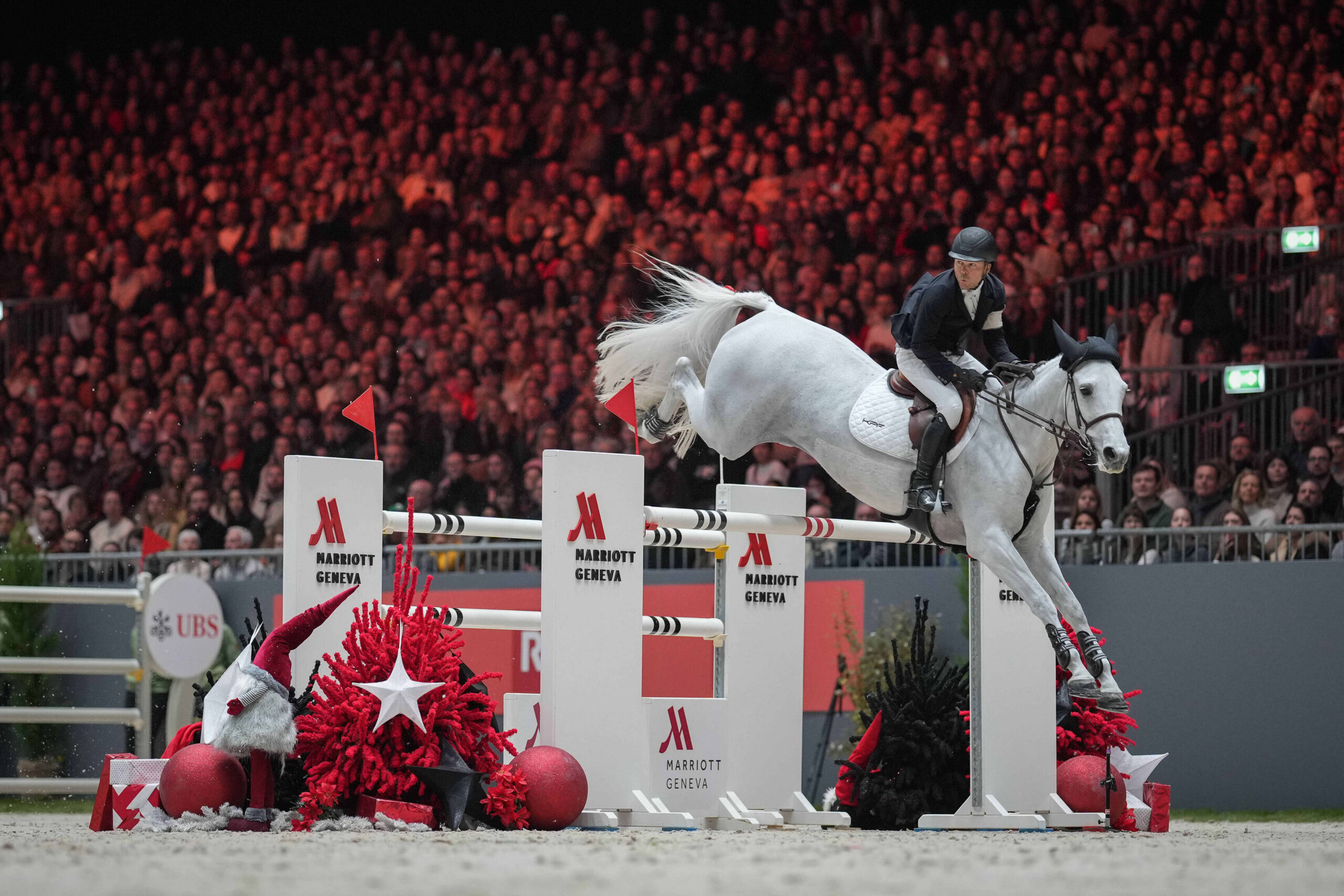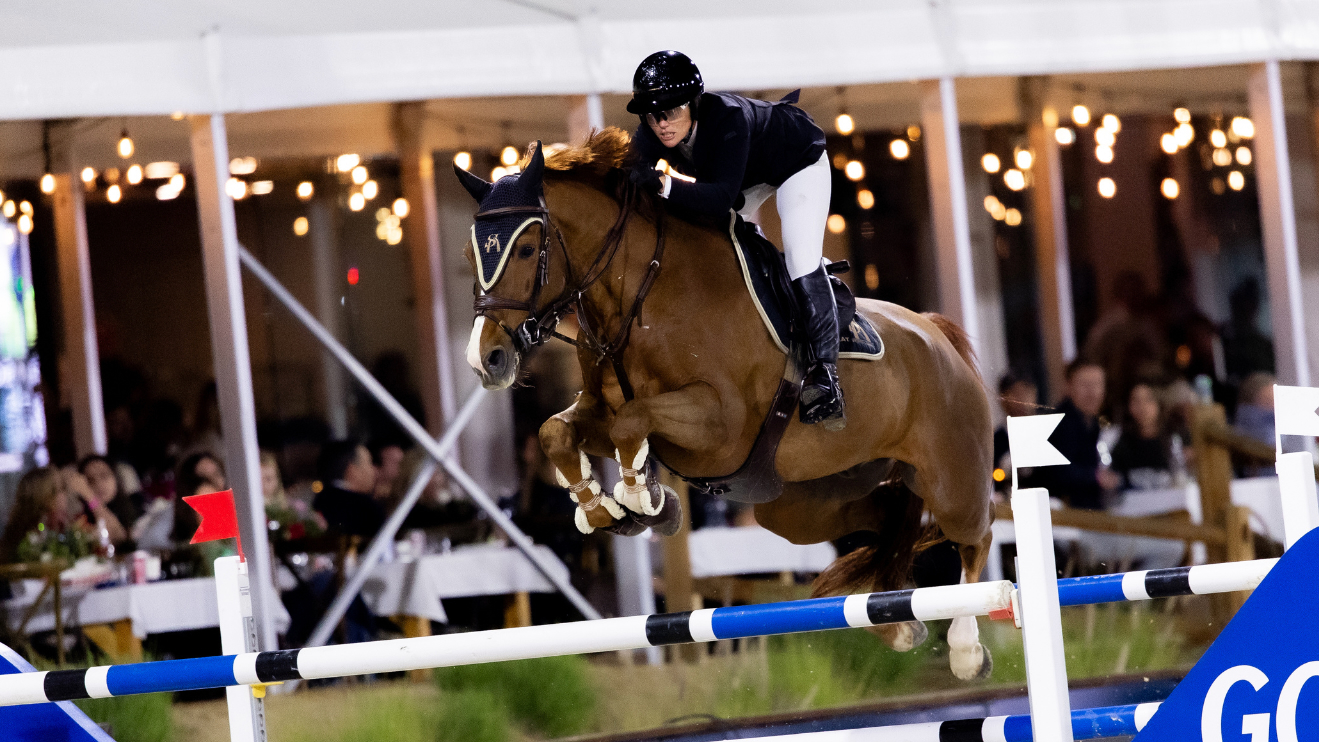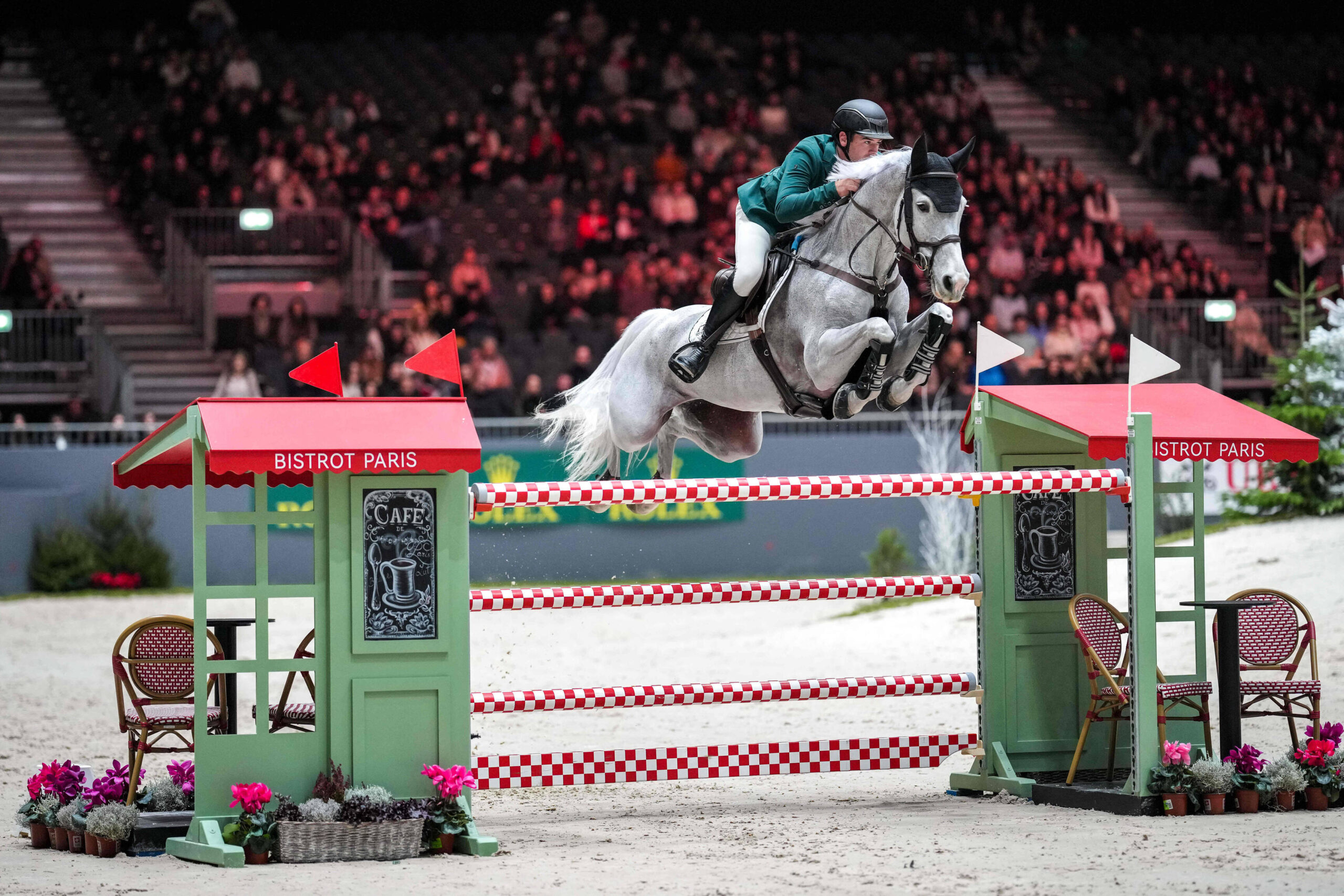AVON, CONNECTICUT—‘Gentle parenting’ is a child-rearing approach that encourages a fluid partnership between parent and child based on the child’s internal willingness, rather than external pressures. The new ‘Gentle Ponying’ trend for show ponies and their human counterparts works on similar principles—with varying degrees of success.
“My daughter McKenzie responded so positively to gentle parenting in her toddler years that when we purchased our 8-year-old Welsh-cross, Delilah, last winter, it was just a no-brainer that would follow a similar approach,” said pony mom Katya Kramer.
“Delilah, like many of her mountain pony ancestors, came to us with very strong opinions; that’s what makes her her. But we try to honor those perspectives with empathy and respect, even if they’re not our own,” explained Kramer, noting that respecting Delilah’s “sense of self” often requires setting her up for success by denoting their expectations ahead of time.
“For instance, we might say, ‘Delilah, in a few minutes, we are going to leave this grass patch and walk back to the barn for a bath,'” Kramer says, “and we hope she internalizes and processes that request.”
The method, Kramer estimates, has about a 50/50 success rate, with Delilah often opting to simply break free and trot off to a far-removed patch of grass elsewhere.
But she says the benefits of Gentle Ponying far outweigh these kinds of short-lived frustrations.
“Taking the time to guide Delilah to independent decision-making that satisfies all parties involved and helps to respect her boundaries on an emotional level, by acknowledging, out loud, her wishes to continue grazing until she dies,” Kramer explained.
Things occasionally become more challenging in the show ring, when Delilah wishes to exert her own authority without consideration for 8-year-old rider McKenzie Kramer’s feelings.
“McKenzie might ask Delilah to canter toward the first fence, and occasionally, Delilah will respond by planting her feet and refusing to go forward, and she might then side-pass right out of the in-gate,” Kramer explained.
“This makes it hard, because while Delilah’s behavior certainly impacts McKenzie, we don’t want to invalidate Delilah’s right to self-expression in that moment. Clearly, she is choosing not to participate in the morning’s Green Ponies class, and that’s a legitimate choice, too. So really, it’s a catch-22.
“When you stick to your guns, though,” Kramer said, “that’s when you really see the benefits of Gentle Ponying in action.”
After getting McKenzie off the pony and calming her down, Kramer says she might take Delilah by the reins, and lead her aside. “I’ll say something, like, ‘Delilah, I can see you have some big feelings right now. Let’s just stand here together and take some deep breaths.’
“I really do feel that she hears me in those moments, and calms down, and thinks about how she’s handled that particular class. And sometimes, the next time around, she’ll make a more appropriate decision.”
Another tenant of the human-geared gentle parenting encourages exploration without the fear of making mistakes—often referred to, as, “freedom within limits.” Incorporating this key principle into Gentle Ponying, Kramer says, can be uniquely challenging.
“We thought offering Delilah free rein of the barn overnight one evening would be a good way to try out ‘freedom within limits.’ Unfortunately, things didn’t quite go as planned,” Kramer said.
Delilah picked the locks on three other stalls in the Kramers’ barn, freeing their horses. She destroyed multiple wooden show trunks, and turned the watering system on full-power overnight, inadvertently flooding the outdoor ring.
Her coup de grâce: Eating multiple sacks of organic carrots and nearly a full bag of sweet feed—requiring an emergency trip to the vet clinic, a four-day stay, and several thousands of dollars in vet bills.
“We’re very glad that Delilah made it through her ordeal and could come back to our family, safe and healthy, because we love her,” said Katya Kramer, who admitted the Kramers now have a video monitoring system in the barn and double-lock Delilah’s stall door every night.
“We’re really just providing a simple framework to help her make better choices.”
More satire from Nina Fedrizzi:
- Survey Finds Men in Show Jumping Know What’s Best for Women
- Kentucky Three-Day’s Latest $1 OTTB Breakout Star Would Like to Stop Talking About Money
- Public Library Bans Beloved Children’s Horse Classics for Being “Too Godless”
- Missouri Woman Opens World’s First Equine Bootcamp/Wellness Spa
Sign up and get more satire by Nina Fedrizzi delivered straight to your inbox.


 July 5, 2024
July 5, 2024 








